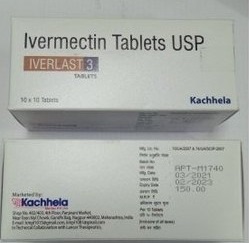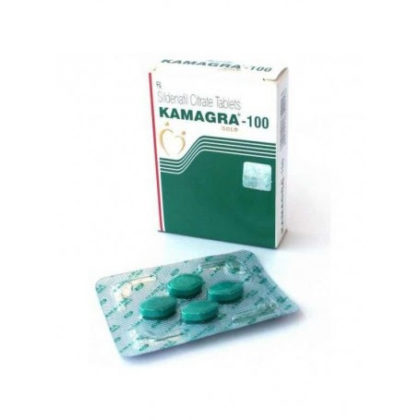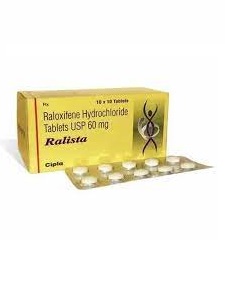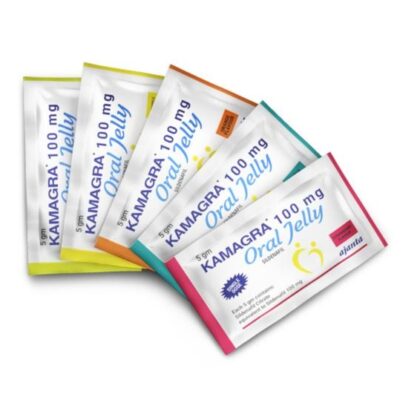Ivermectin is an antiparasitic medication widely used in both humans and animals. Initially developed to treat parasitic infections such as river blindness (onchocerciasis) and intestinal strongyloidiasis, it has gained global attention due to its potential off-label uses, particularly during the COVID-19 pandemic. This article explores the history, medical applications, benefits, risks, and controversies surrounding ivermectin.
It was first discovered in the 1970s by scientists Satoshi Ōmura and William C. Campbell, who later won the 2015 Nobel Prize in Medicine for their work. Initially used in veterinary medicine to treat parasitic infections in livestock, it was later adapted for human use, becoming a critical tool in eradicating certain neglected tropical diseases.
Medical Uses of Ivermectin
Ivermectin is approved for several human and veterinary applications, primarily targeting parasitic infections.
FDA-Approved Uses for Humans
-
Onchocerciasis (River Blindness) – A parasitic disease caused by Onchocerca volvulus, which leads to severe itching and potential blindness.
-
Strongyloidiasis – A parasitic roundworm infection affecting the intestines.
-
Scabies – A skin infestation caused by Sarcoptes scabiei mites.
-
Lice (Pediculosis) – Used to treat head lice infestations.
Veterinary Uses
Ivermectin is widely used in animals to treat:
-
Heartworm in dogs
-
Mange in cattle and dogs
-
Gastrointestinal parasites in livestock
How Ivermectin Works
Ivermectin paralyzes and kills parasites by binding to glutamate-gated chloride channels found in nerve and muscle cells of parasites. This leads to an influx of chloride ions, resulting in paralysis and death of the parasite, while leaving human cells largely unaffected at standard doses.
Potential Off-Label Uses and Controversies
Ivermectin and COVID-19
During the COVID-19 pandemic, ivermectin gained attention as a potential treatment based on laboratory studies suggesting antiviral properties. However, major health organizations (FDA, WHO, CDC) have stated that clinical trials have not provided strong evidence supporting its effectiveness against COVID-19.
-
Some early small-scale studies suggested possible benefits, but larger trials found no significant effect.
-
Self-medication with veterinary ivermectin led to overdose cases and toxicity in some individuals.
-
The FDA issued warnings against using it for COVID-19 without proper medical supervision.
Other Investigational Uses
Researchers are also exploring this drug for conditions such as:
-
Dengue fever – Studies are examining its potential to reduce viral replication.
-
Malaria – Some evidence suggests ivermectin-treated individuals may be less likely to transmit malaria to mosquitoes.
-
Cancer Research – Preliminary studies indicate possible anti-tumor effects in certain cancers, though more research is needed.
Benefits of Ivermectin
-
Highly Effective Against Parasites – A single dose can treat several parasitic infections.
-
Well-Tolerated at Prescribed Doses – Ivermectin has been safely used for decades in millions of people.
-
Low Cost and Accessibility – Used in global health programs, especially in low-income regions.
Risks and Side Effects of ivermectin
While generally safe when used correctly, it can cause side effects, particularly at high doses.
Common Side Effects
-
Nausea and vomiting
-
Dizziness or drowsiness
-
Skin rash or itching
-
Diarrhea
Serious Risks
-
Neurotoxicity – High doses can lead to confusion, tremors, and seizures.
-
Liver damage – Rare cases of liver dysfunction have been reported.
-
Severe allergic reactions – Particularly in people with Loa loa worm infections.
Precautions and Contraindications of ivermectin
-
Pregnant and breastfeeding women should consult a doctor before use.
-
People with liver disease should use this drug cautiously.
-
Do not self-medicate with veterinary ivermectin, as animal formulations contain different concentrations and inactive ingredients unsafe for human use.
Ivermectin remains an essential medication for treating parasitic infections, particularly in tropical regions. While it has shown some promise in experimental treatments, its off-label use for COVID-19 and other conditions remains controversial. It is crucial to follow medical guidance and avoid misinformation when considering it for any health condition.






Reviews
There are no reviews yet.